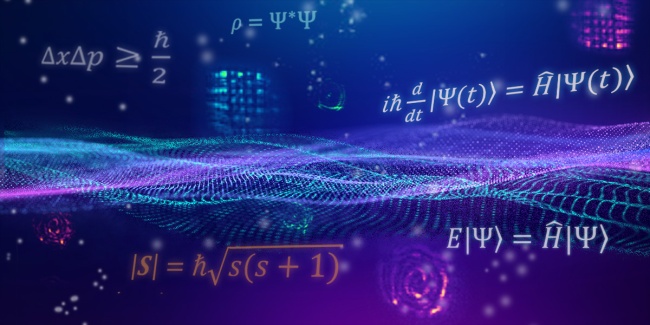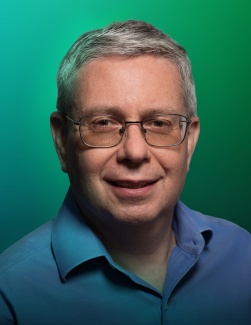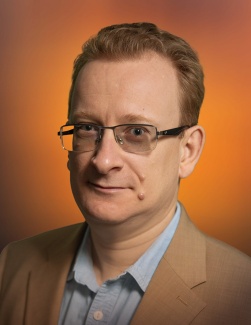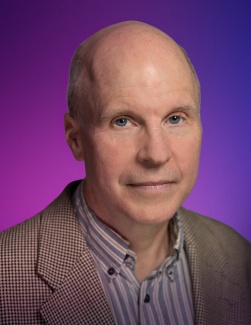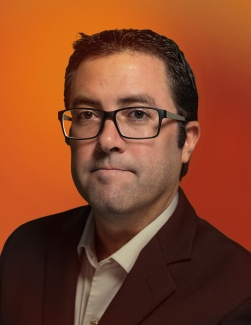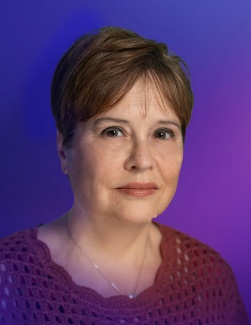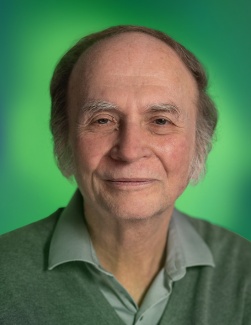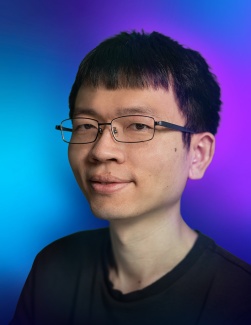It may be the most important area of science you’ve never heard of.
In 1925, researchers at the University of Göttingen first used the term “quantum mechanics” to describe interconnected phenomena they found in the study of atoms and the study of light. One century later, quantum mechanics still fascinates researchers as they attempt to learn more about what happens to very, very small particles that have huge implications for all of us.
While it is a field little understood by non-scientists, absent the last century of research and discoveries in quantum mechanics, we would not have the semiconductors ubiquitous in electronics such as iPhones and MRI machines or the LEDs used in televisions, headlights and lightbulbs — to name just a few advancements.
To celebrate 100 years of quantum mechanics and broaden public understanding of the field’s importance, the U.N. General Assembly declared 2025 the UNESCO International Year of Quantum Science and Technology.
It is an anniversary Tulane embraces. From creating faster computers to developing materials for solar panels to imaging archaeological finds, quantum research takes on many forms at Tulane, reaching across disciplines to include chemistry, computer science and more.
“Quantum physics is all around us,” said Lev Kaplan, professor and engineering physics advisor in the School of Science and Engineering (SSE). “Some of the most exciting research happens when two people are working in adjacent fields. Maybe both have to do with quantum mechanics in different ways, but when they bring together their expertise, you can do something collaboratively that neither research group would be able to do on its own.”


